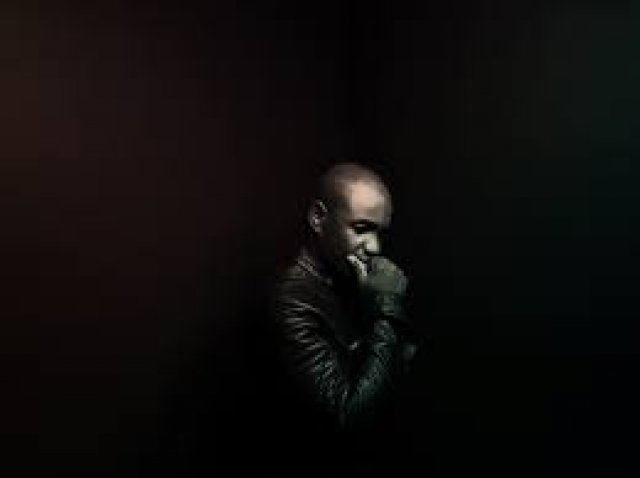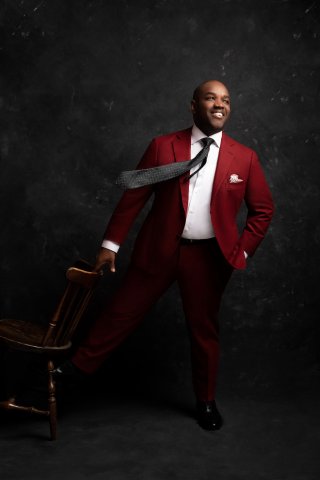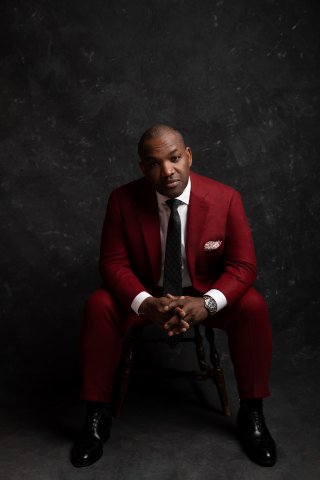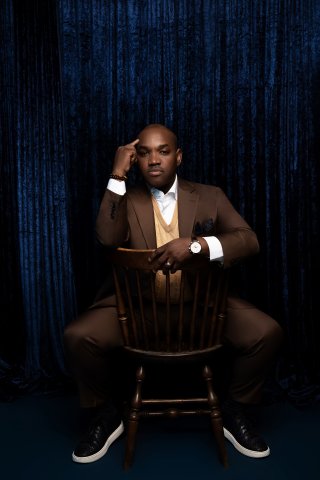Lawrence Brownlee at Carnegie Hall
Amplifying a Peoples' Voice
By: Susan Hall - Mar 24, 2023
Lawrence Brownlee came to Carnegie Hall to present a program he has developed called Rising. In the second part of his show, Jasmine Barnes, Branson Spencer, Damien Sneed, Shawn Okpebholo, and Joel Thompson, young up-and-coming composers, set poems to their music. Carlos Simon offered vocalese
Brownlee launched the evening with Robert Owens and Margaret Bonds. Young Jeremiah Evans was favorably compared.
Langston Hughes, a poet of the Harlem Renaissance was prominently featured. A poet of the people, his words slip easily into song. They certainly suited the bel canto voice of Brownlee, which by the seeming ease of its delivery and the clarity of diction belies the huge gift Brownlee was given.
The program celebrates song. The rain playing a sleep song on a roof at night, music echoing in a Southern mansion, before the moon comes, a little short dusk sings a song. The blues triplets which characterize Hughes’ poems are abundantly present.
"I sat there singing her songs in the dark
She said, I do not understand the words
I said there are no words.”
In his Cycles of My Being, which the forward-thinking Opera Phiadelphia presented long before George Floyd’s neck was crushed, Brownlee sang about being a Black man in this country. Ahead of the crowd, he opens up opportunities for composers to color to write for his voice, a consummate privilege and inspiration.
While the struggle is not apparent on the Carnegie stage, some words clearly tell its purpose:. “So that I may be…the worthy singer of my world and race…”
Brownlee surely is. He was welcomed with a stampede of applause and church-like reciprocation. He reciprocated with the singing of spirituals as encores. When Anne Brown auditioned for the role of Bess, she sang Schubert songs. Gershwin at the piano asked if she would sing some spirituals. She hesitated and then said, No. She could not. After a pause, Gershwin said he understood and cast her in the role. Singing spirituals is no longer defining.
Institutions like Carnegie Hall and Opera Philadelphia have a gift for inviting all comers– in the talent they stage and in the audience that comes to hear them. Respect is part of the equation. A genuine capacity to listen to artists and help them realize their dreams.
Langston Hughes' father admonished him to stay abroad because in America “a nigger would always be a nigger.”
We were given a special evening in which a Black man, accompanied by a superb Black pianist, Kevin J. Miller, sang exquisite music and lyrics inviting us in. We accepted.




